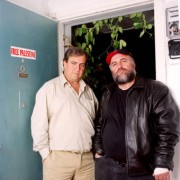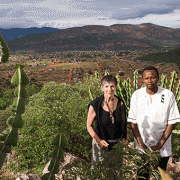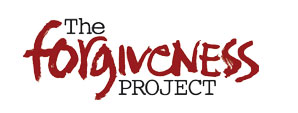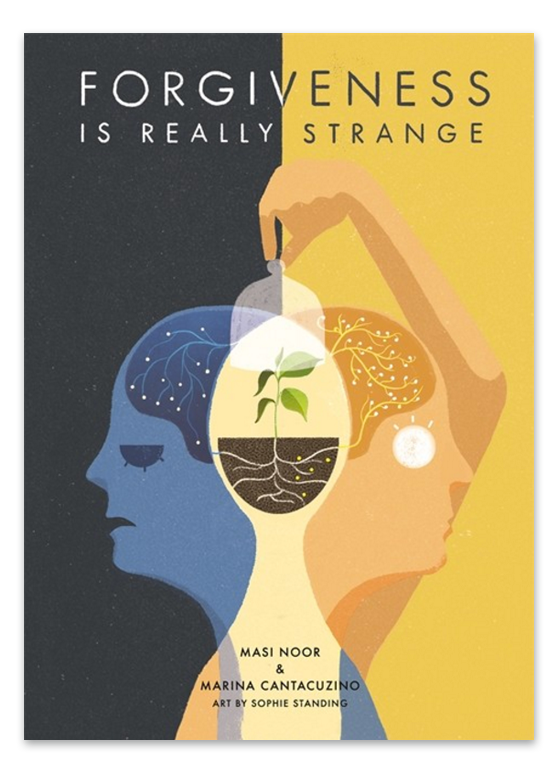Accepting personal and collective responsibility:
The skill of locating the ‘I’ and the ‘We’ in the suffering
The gunman and his family are victims too. Perhaps victims of the society we have responsibility for.
Andrea LeBlanc, (lost husband in 9/11) commenting on Boston bombings
Rediscover agency without shame or guilt.
Acknowledgement and apology are important factors in the healing journey but they may not be available and therefore can put the power in the wrong hands, keeping the harmed stuck in a place of disappointment and expectation. Instead, rediscovering one’ personal and group-based agency is a more fruitful approach to healing. The skill of reviving one’s agency requires that one does not separate oneself as a passive recipient from the harmful event, but instead one acknowledges that as human beings we have agency. At the time of the harm such an agency may have been perceived as non-existent or strictly diminished. Acknowledging personal and collective responsibility is to concede that even at the time of the difficult harmful situation one had a degree of agency. Such insights may produce feelings of guilt and shame. However, the above skill is intended to direct individuals towards empowerment such that it helps them to rediscover their agency after the harm has been done. Whether erroneous decisions (miscalculation, missed opportunities, etc.) were made by one’s group leaders or by one’s own inaction to challenge short-sighted leaders, accepting personal and collective responsibility requires the development of a critical awareness of how oneself and one’s group have contributed to the situation that led to the suffering. Such insights into own contributions to one’s suffering can in turn enable one to act in order to change the course of action from further harming to healing.
Quotations from the real life stories:

‘I also had to forgive my parents for the deception they had allowed & we continue to uphold.’

‘It was clear to my wife and I that the blame rests with the occupation.’

‘He invited me to his home coming ceremony …and asked me to make a speech. It was here that I was able to apologize to his people for the shame and humiliation which my ancestors had brought on them through slavery/ colonialism and apartheid.’

‘Every foot soldier who killed at my command is less guilty than me.’

‘I had seconds in which to decide whether she was about to blow herself up, or whether she was just a child who was terrified of soldiers. Even when I shouted at her to stop she kept running, and so I started shooting above her head. At this point she froze and there was a moment in which we made eye contact. It was an extraordinary moment – not a soldier confronting his enemy, but two human beings looking at each other. I knew then that although this young girl hadn’t been hurt physically, I had committed a terrible crime because I had wounded her spirit forever.’



